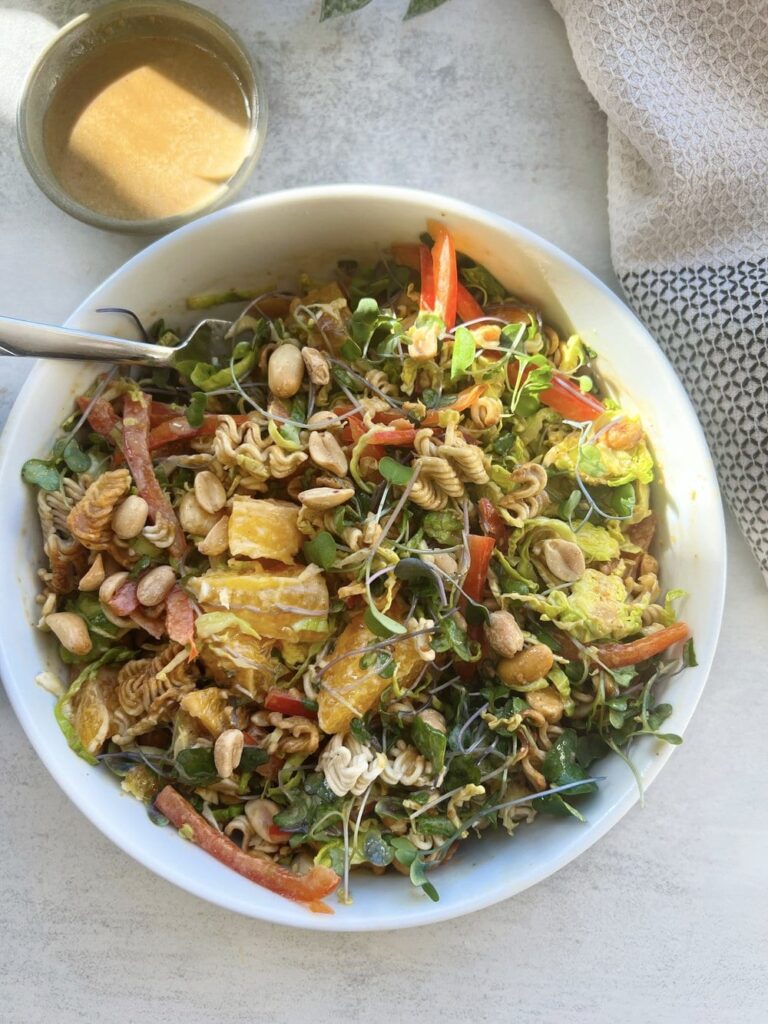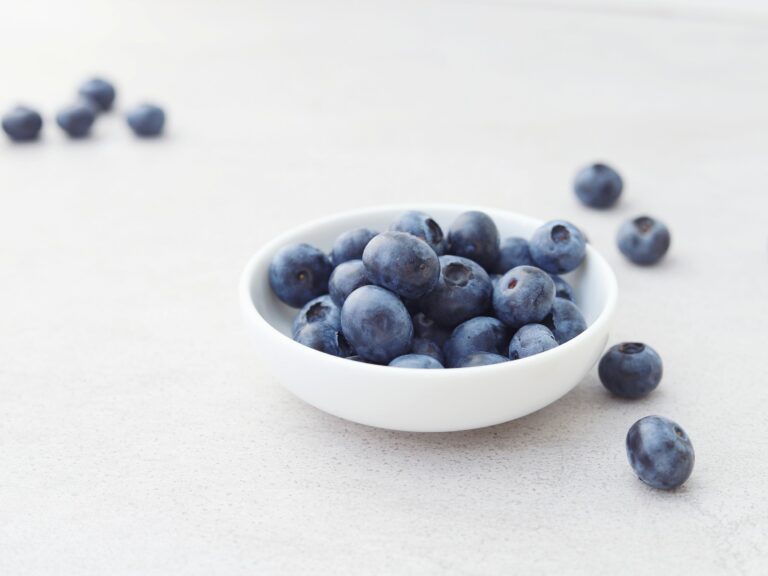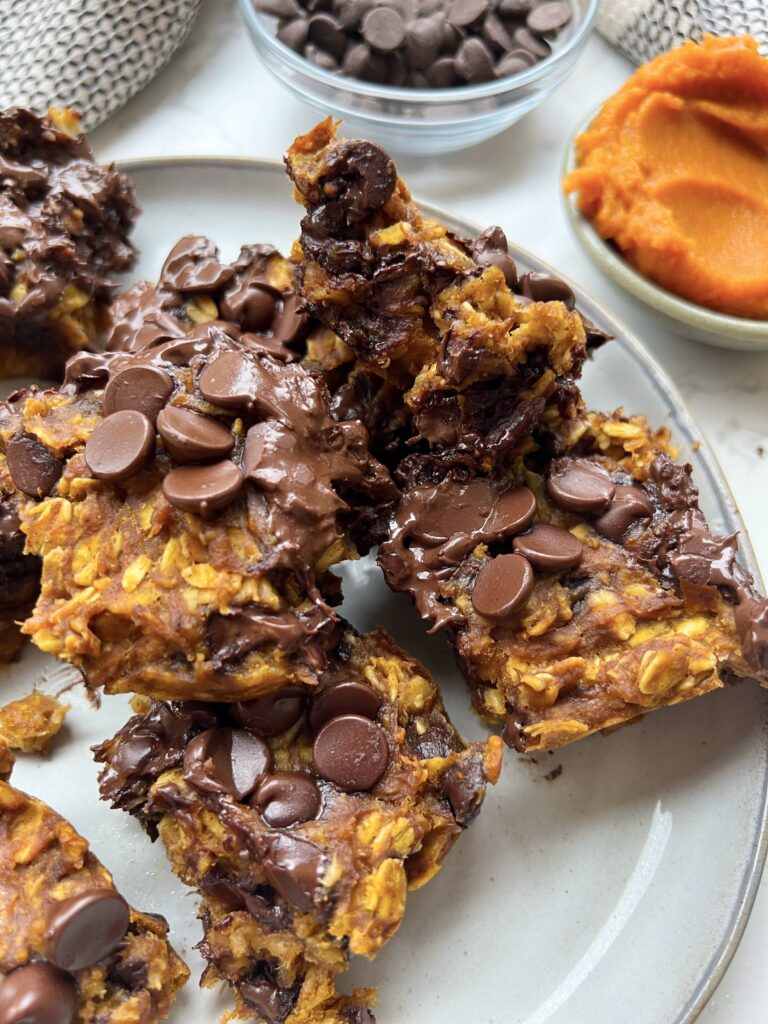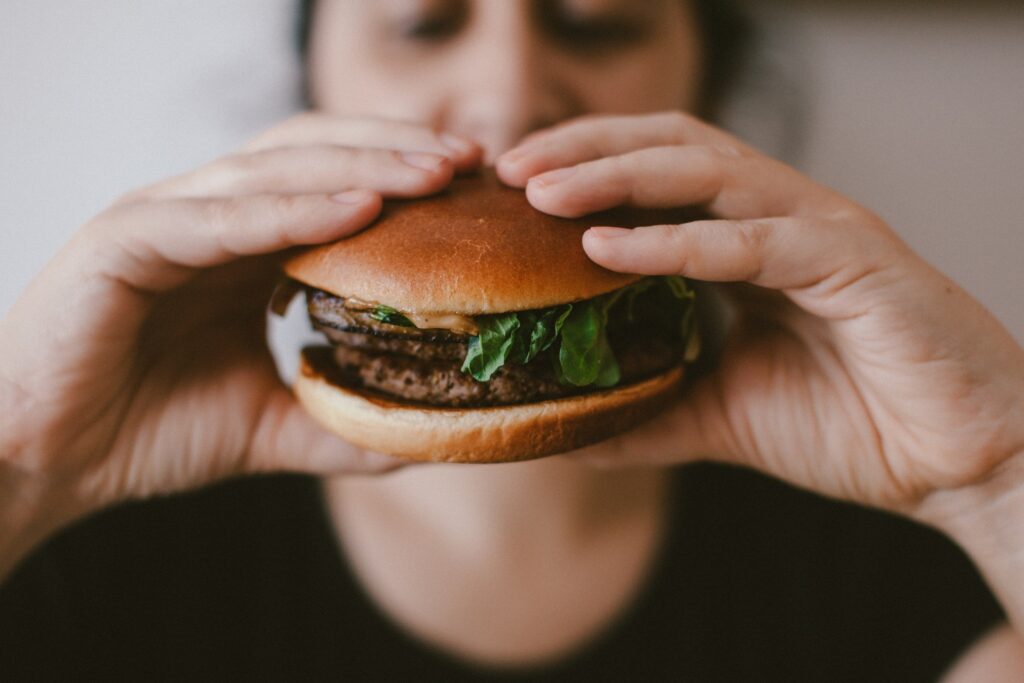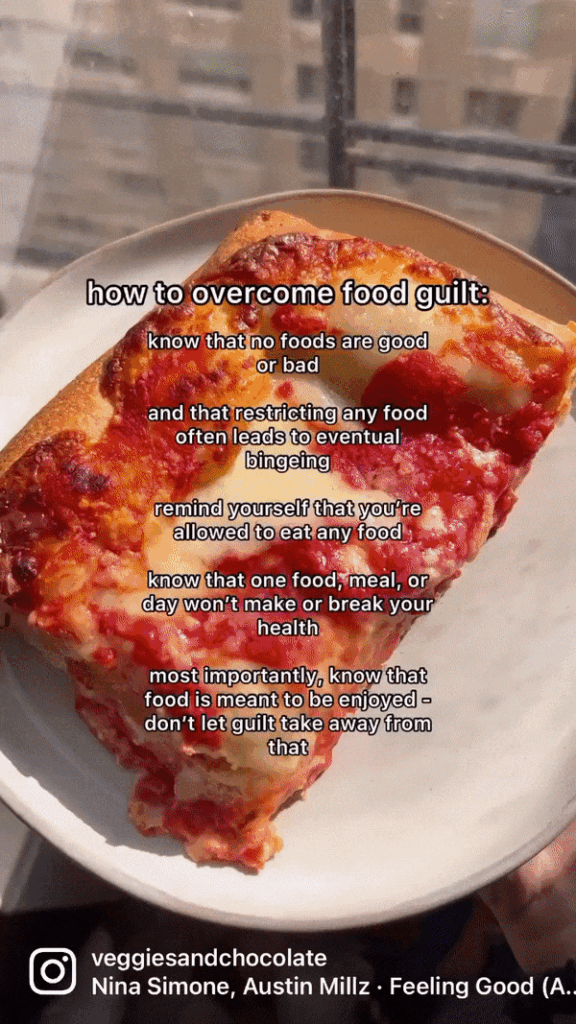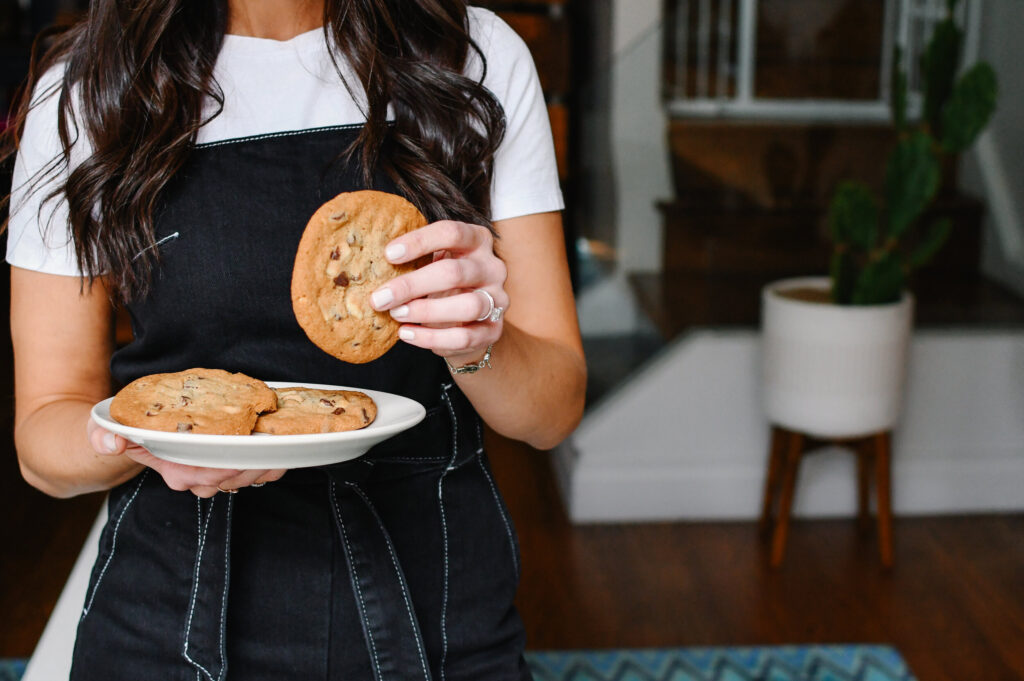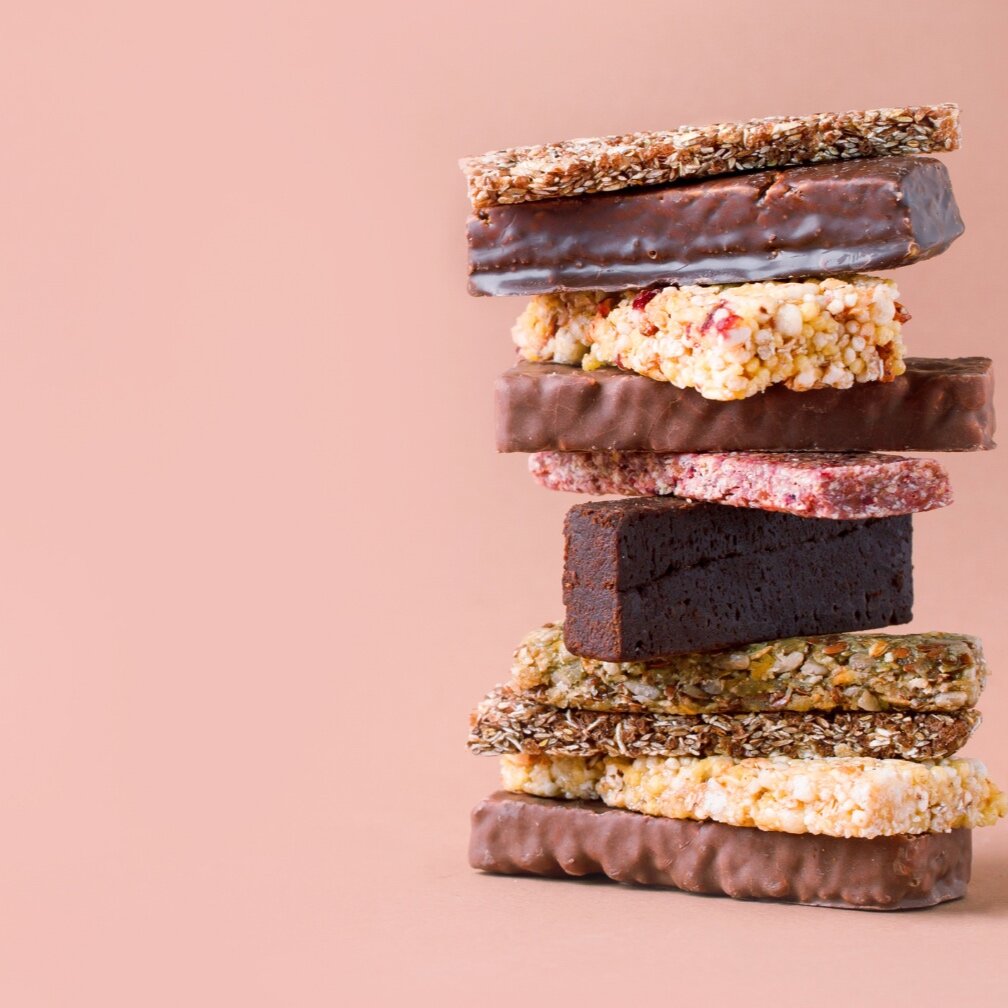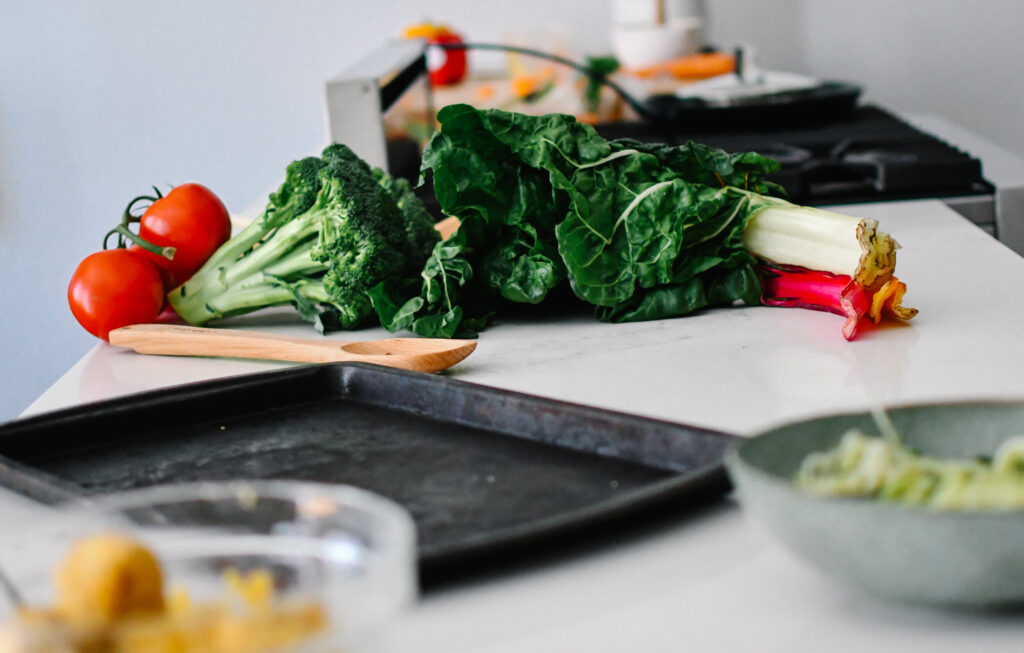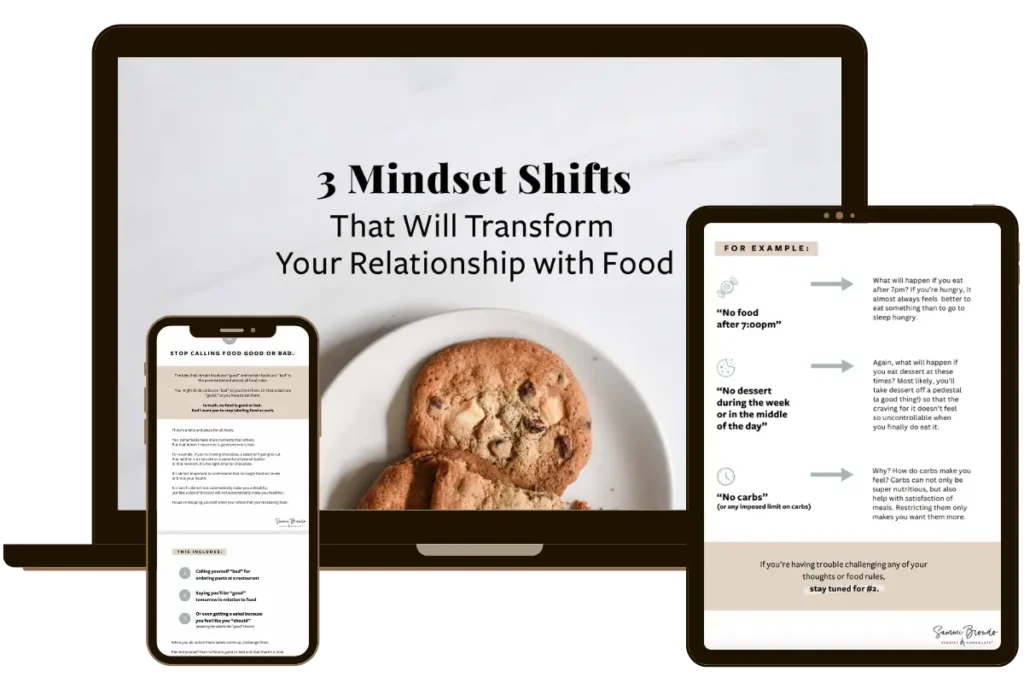Remove “Lose Weight” From Your 2023 New Year Resolutions
By Sammi Brondo — July 26, 2024
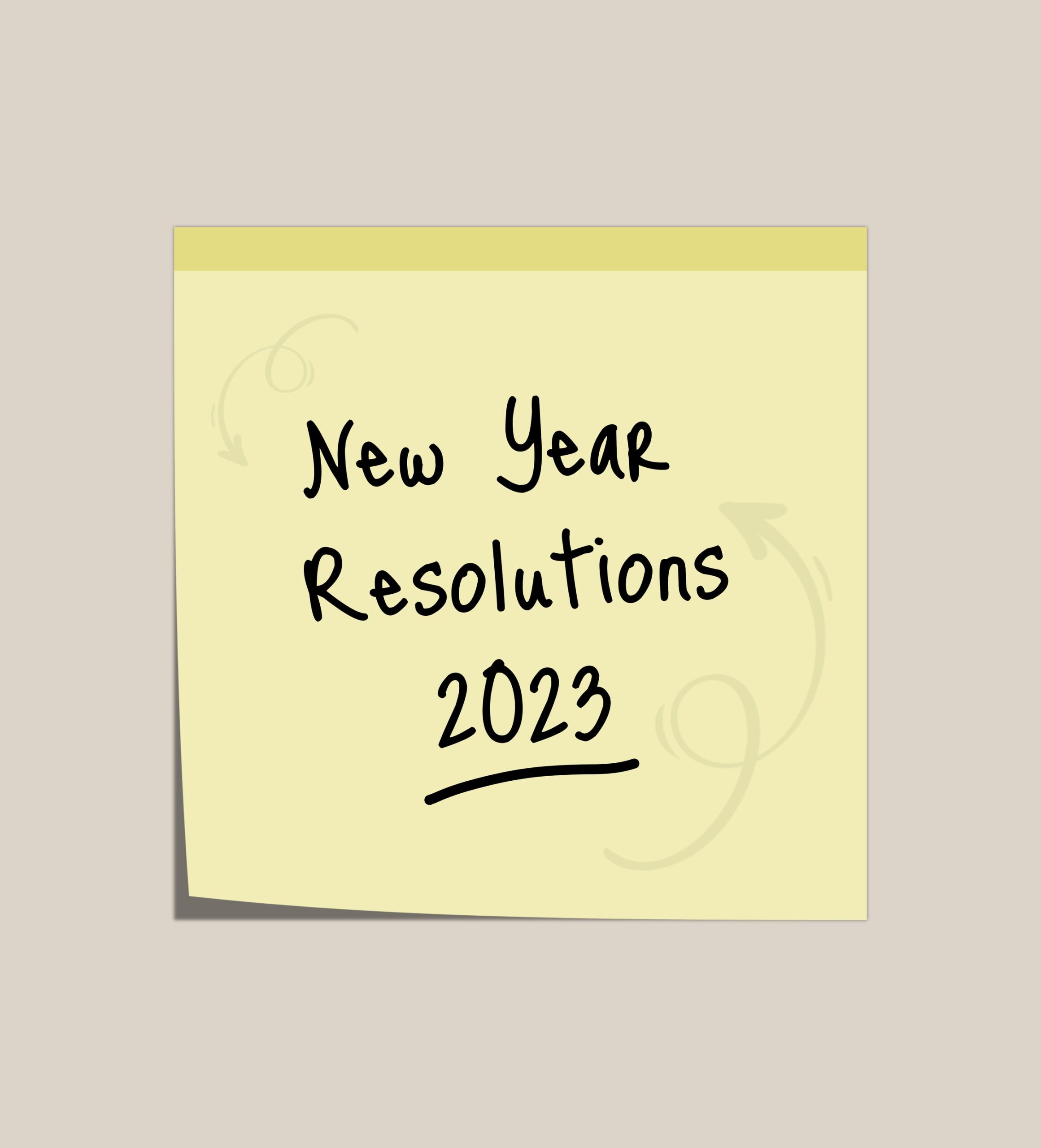
(and Try These Exercises Instead)
How many times have you made a vague New Year’s resolution to “lose weight?” I know I have. But what if this is the year that’s finally different?
It’s probably the most common New Year’s resolution. No really, I Googled it.
Some of the most common resolutions are super vague things like “eat healthy,” “exercise more,” or “lose weight.”
But the problem with these resolutions is that they’re super vague and don’t actually give you anything to achieve. And, because of that, nothing can be achieved and they only serve to make you feel pretty shitty about yourself.
Not a fun way to start the new year, IMO. Instead, what if you went with a different approach this year?
I understand the intention behind these resolutions. They come from places of wanting to be healthier overall or feel better in your own skin. And these are both super valid motivators.
But, we can reach them by doing things like listening to our bodies, honoring our bodies with physical activity that feels good, or treating our bodies with respect. *LINK* If you’re looking for a place to start, check out this Intuitive Eating blog post here.
If you want to feel better in your skin – but are sick of making “lose weight” your New Year’s resolution, keep reading.
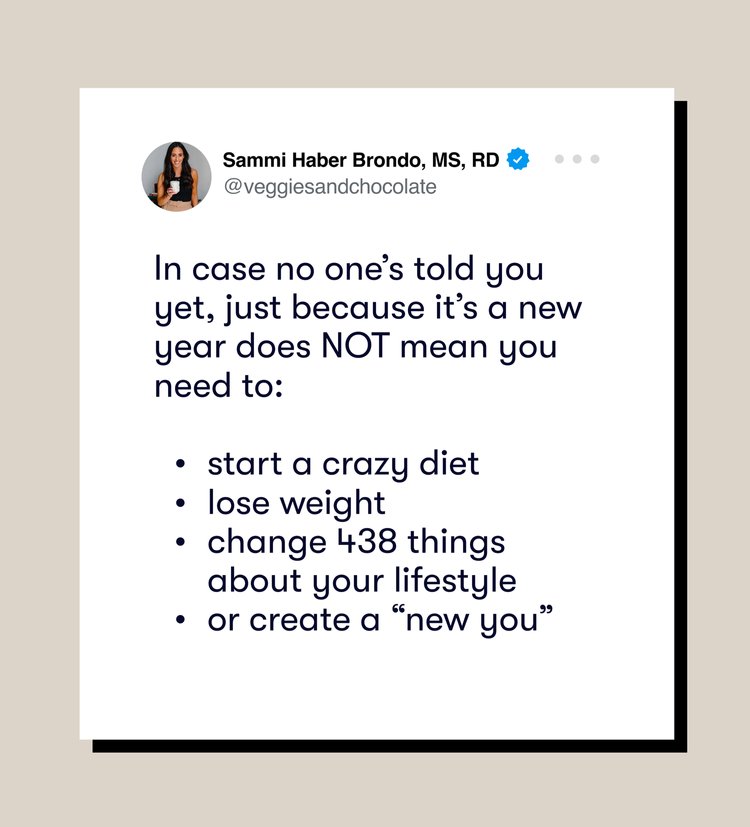
Try these exercises to help with body image –
without any weight loss involved.
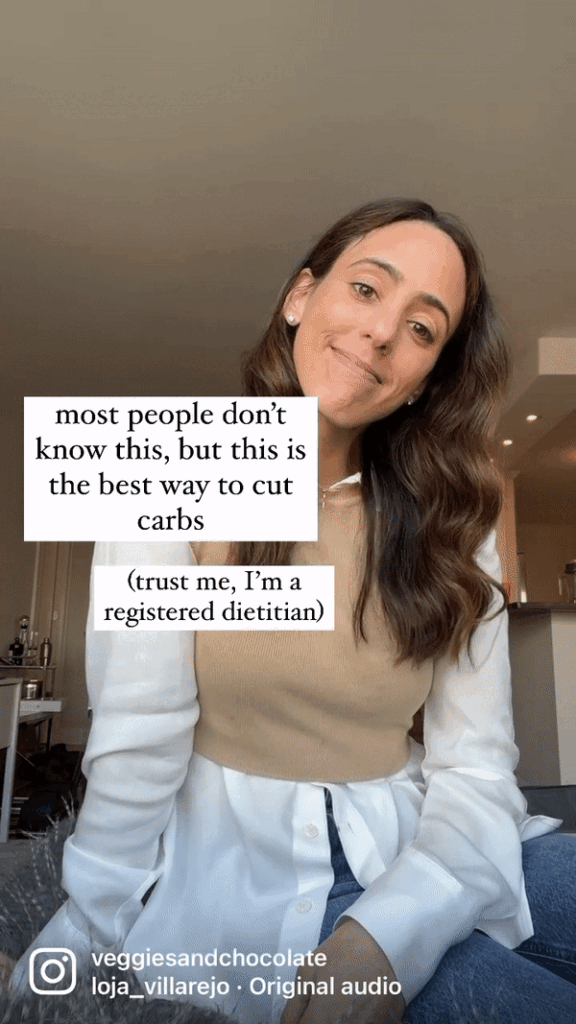
1. Understand more about dieting
One of the most important things you can know is this:
dieting is the biggest predictor of weight gain.
Read that again.
Not weight loss – weight gain. 1 While diets may “work” temporarily (aka lead to weight loss), they are not sustainable long term. The dieter almost always ends up regaining the weight they lost – and then some.
When looking at 31 long term studies on dieting, a team of researchers found that dieting is a consistent predictor of weight gain. Up to 2/3 of people regained most weight than they lost 3
And yo-yo dieting – or the cycle of losing and gaining weight from dieting repeatedly – is associated with many negative health effects. It’s been linked to heart disease, inflammation, high blood pressure and insulin resistance. 4
Not only does dieting not work, it also leads to many negative consequences. It causes preoccupation with food and guilt when eating. It slows metabolism. It often leads to craving – and eating – large amounts of food, as our brain actually sends out chemicals to seek out more food for survival.
It’s not willpower that makes you “fail” a diet – it’s just a hungry body wanting what it can’t have.
Plus, dieting is very often a precursor to disordered eating or an actual eating disorder. Research shows that 35% of dieters will develop disordered eating, and 30-45% of those dieting will go on to develop an actual eating disorder 2
I don’t tell you all of this to scare you. I’m telling you this so that you understand that when you’ve tried a diet – and it hasn’t worked – it wasn’t your fault. It was the diet.

2. Let go of the emphasis on body image
You will have bad body image days.
No matter your weight, your relationship with food, or your level of respect for your body, you will have bad body image days. You’re human!
The key is to let them be just that – a body image day – versus a spiral of negative thoughts that derails or ruins your entire day.
I learned this exercise from an Intuitive Eating webinar and really love it. I’ve been using it with my private practice clients, who’ve been benefitting from it too.
Grab a pen and paper and write down 3-5 things that you really value about yourself. Are you a hard worker? A dedicated parent? A good friend? Are you funny, smart, organized, kind, thoughtful or empathetic? I know you have many positive attributes!
The key is that none of these qualities should be related to your appearance. They should all be things that you value about yourself as a person.
When a bad body image day arises – let’s say you look in the mirror while getting dressed in the morning and just aren’t feeling it – head back to this list. Remember all of the other facets about yourself that you really value that aren’t tied to your weight or the way you look.
When dieting, it’s easy to get really caught up in appearance and body size. And, because of this, it’s also easy to let a bad body image day turn into just a bad day. Period.
But bad body image days are normal. You will not love the way you look or feel in your body every single day.
Having a list of qualities you value about yourself ensures that your appearance is just one small part – and not all – of who you are.
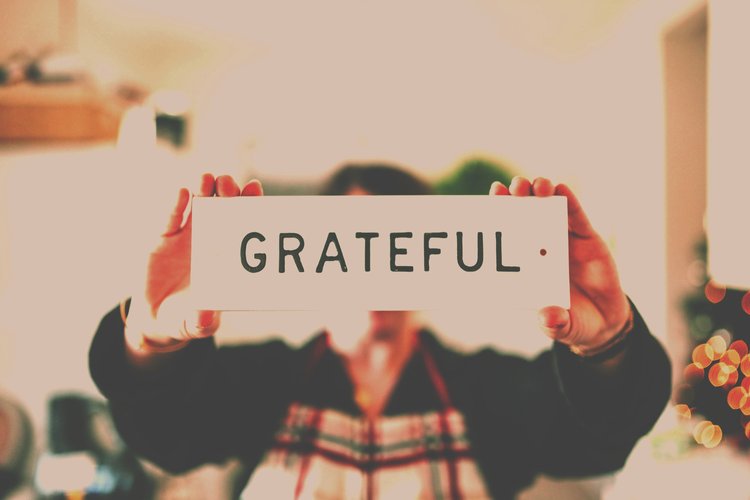
3. Practice body gratitude and respect
Body love is not easy. You will not – and don’t have to –
love your body everyday.
But, you do have to respect it.
The first part of this comes down to accepting your genetics and body size. Just like you wouldn’t expect your size 8 feet to shrink into a size 5, it’s often not realistic for our bodies to look certain ways either.
I know – you weighed X amount in high school. But you’re a grown adult and your needs have changed and you very likely may not weigh what you weighed in high school as a mature adult.
This is normal!
It’s also important to understand your body shape. Some of us have bigger hips or thighs – a thigh gap is not attainable. Some of us have larger midsections and in this case, washboard abs may not be on the table.
Heck, no matter what shape your body is, a thigh gap and washboard abs may not be on the table! In reality, most of us have protective body fat.
Understand and respect your genetics, body shape and size. It’s the first step to stop trying to manipulate your body into something it’s not and gain body respect.
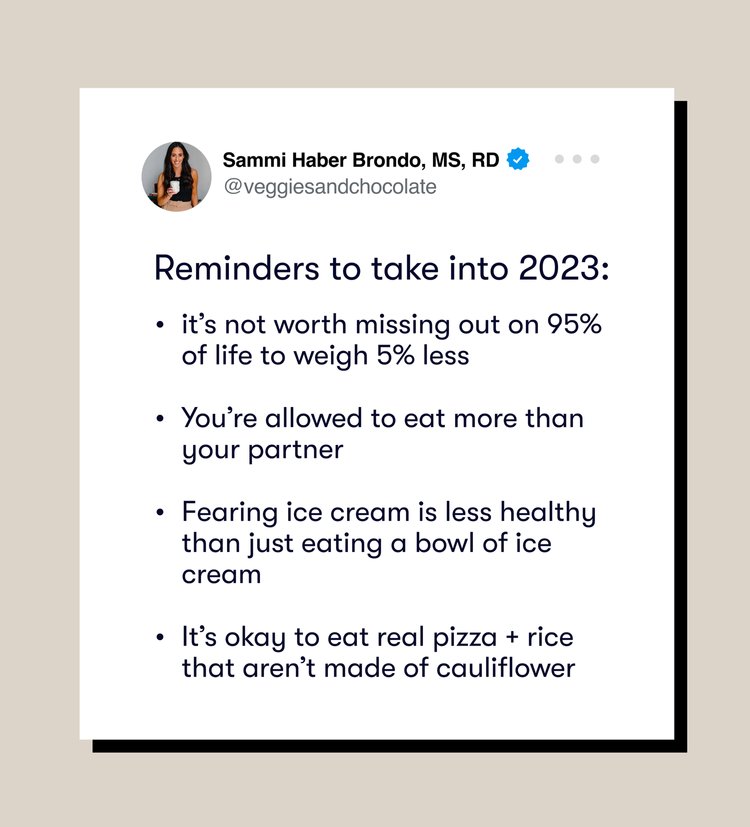
Respect your body by treating it well. This includes:
- Not talking negatively to yourself
- Nourishing yourself with foods that feel good and taste good
- Moving in a way that feels good
- Wearing clothes that fit comfortably
Furthermore, to take this a step farther, it can be helpful to practice body gratitude. What are you grateful for that your body does? Go ahead, write this one down too!
Some examples might include:
- Being able to carry groceries
- Going on a run or doing X exercise that you enjoy
- Carrying or birthing children
- Walking
- Breathing!
I know it sounds cheesy, but our bodies do so much for us. Instead of constantly berating them and trying to change them, try to treat them with respect.
Diet culture will have you believe that failing a diet is your fault. If only you “tried harder,” you could’ve succeeded.
That’s what keeps bringing you back to try more and more diets. But, hopefully you now know that diets don’t work.
There’s another way to go about food and body image. One where you can truly feel at peace with yourself without taking drastic measures.
The first step means understanding that diets don’t work and accepting that you do not need to try another diet. From there, aim to respect your body and treat it with dignity.
It’s completely valid to want to be healthier. But also know that health does not equal weight loss and that protecting your mental health is a crucial part of your overall health too.
REFERENCES
1. O’Hara, L. and Taylor, J. (2018). What’s wrong with the “War on Obesity?” A narrative review of the weight-centered health paradigm and development of the 3C framework to build critical competency for a paradigm shift. Sage OPEN, page 8.
2. Shisslak, C.M., Crago. M., Estes, E. (1995). The spectrum of eating disorders. International Journal of Eating Disorders 19(3):214.
3. Mann, T. (2007). Medicare’s search for effective obesity treatments: Diets are not the answer. American Psychologist 62(3): 220-233.
4. Bacon, L., and Aphramor, L. (2011). Weight Science: Evaluating the evidence for a paradigm shift. Nutrition Journal, January 10:9.




